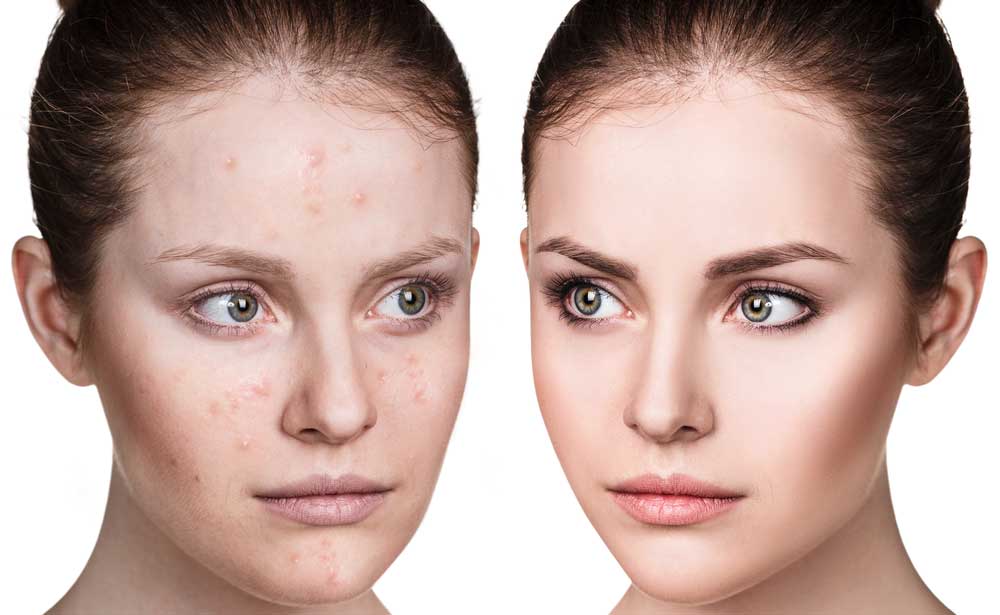Naturopathy is a holistic approach to health and wellness that uses natural remedies, such as aromatherapy, herbs, exercise, and nutrition, to help the body heal itself. It embraces many therapies, including herbs, massage, acupuncture, exercise, and nutritional counseling.
It originated in Germany in the 1800s, but some of its treatments are centuries old. Hippocrates, the father of Western medicine, is said to have proclaimed “Vis mediatrix naturae” or “only nature heals” which reflects one of the main principles of Hippocratic medicine, one that states that organisms left alone can often heal themselves. Today, naturopathy combines traditional treatments with modern science.
How Does Naturopathy Work?
The goal of naturopathy is to treat the whole person – mind, body, and spirit. It also focuses on healing the root cause of an illness, not only to stop the symptoms.
Based on a healthy diet, exercise, stress management, clean fresh water, and sunlight, naturopaths work to help you live a healthy lifestyle, minimize the symptoms of any illness, support your body’s natural capacity to heal, and balance your body to reduce the risk of future illnesses.
You naturopath will spend 1.5 – 2 hours to examine you and will ask questions about your medical history, hereditary factors, diet, environment, stress levels, and lifestyle habits. You may be asked to do lab tests.
The next step is the creation of your personal health plan. Naturopathy focuses on education and prevention, and your naturopath may help you to make changes to your diet and lifestyle, manage your stress, identify food sensitivities, and eliminate toxins. You may also be prescribed herbs or advised to take supplements.
These are some of the tools of naturopathy:
- Aromatherapy – essential oils
- Hydrotherapy – water
- Nutri therapy – vitamins, minerals, probiotics, superfoods, antioxidants, etc.
- Nutritional therapy
- Physical activity
- Phytotherapy – herbal remedies
- Stress management techniques
When to Consider Naturopathy
You don’t have to be sick to try naturopathy. You may just want to boost your overall health or prevent an illness.
Naturopathy is used for many health issues. Some of the more common ones are:
- Allergies
- Chronique fatigue syndrome
- Chronique pain
- Digestive problems
- Fertility issues
- Headaches
- Hormonal imbalances
- Obesity
You can use both conventional and naturopathic medicine to treat many illnesses. For example, naturopathic therapy can help minimize the side effects of chemotherapy (which damages the immune system). Do always to tell your regular doctor about any naturopathic treatments you’re considering or already on. You should also tell your naturopath about any conventional medications you’re taking. That way, they can work as a team for your health. You should not stop your conventional medical care because of naturopathy.
How to Choose a Naturopath
In Lebanon, at present, there is no overall governing body to regulate and monitor qualifications and standards for naturopaths. Therefore, it is best to select a naturopath who is recommended by someone you know and trust or by a medical professional.
Always ask the practitioner about their training, certifications, experience, and any references. Many naturopaths follow a 4-year university program in Canada or the United States, where the Council on Naturopathic Medical Education (CNME) is the only agency to accredit naturopathic programs and universities. So, this is one certification you might ask for. Naturopaths study the basics of traditional medicine, as well as nutrition, psychology, and complementary therapies such as herbal medicine and homeopathy.
In Lebanon, you can expect to pay $50 – $70 per consultation.
Naturopathy actively involves and encourages you to become the main actor of your health. Knowing how to prevent illness or certain conditions will offer you a wealth of health for the future! Try it, you may just find the natural answers and solution you’ve been searching for.

